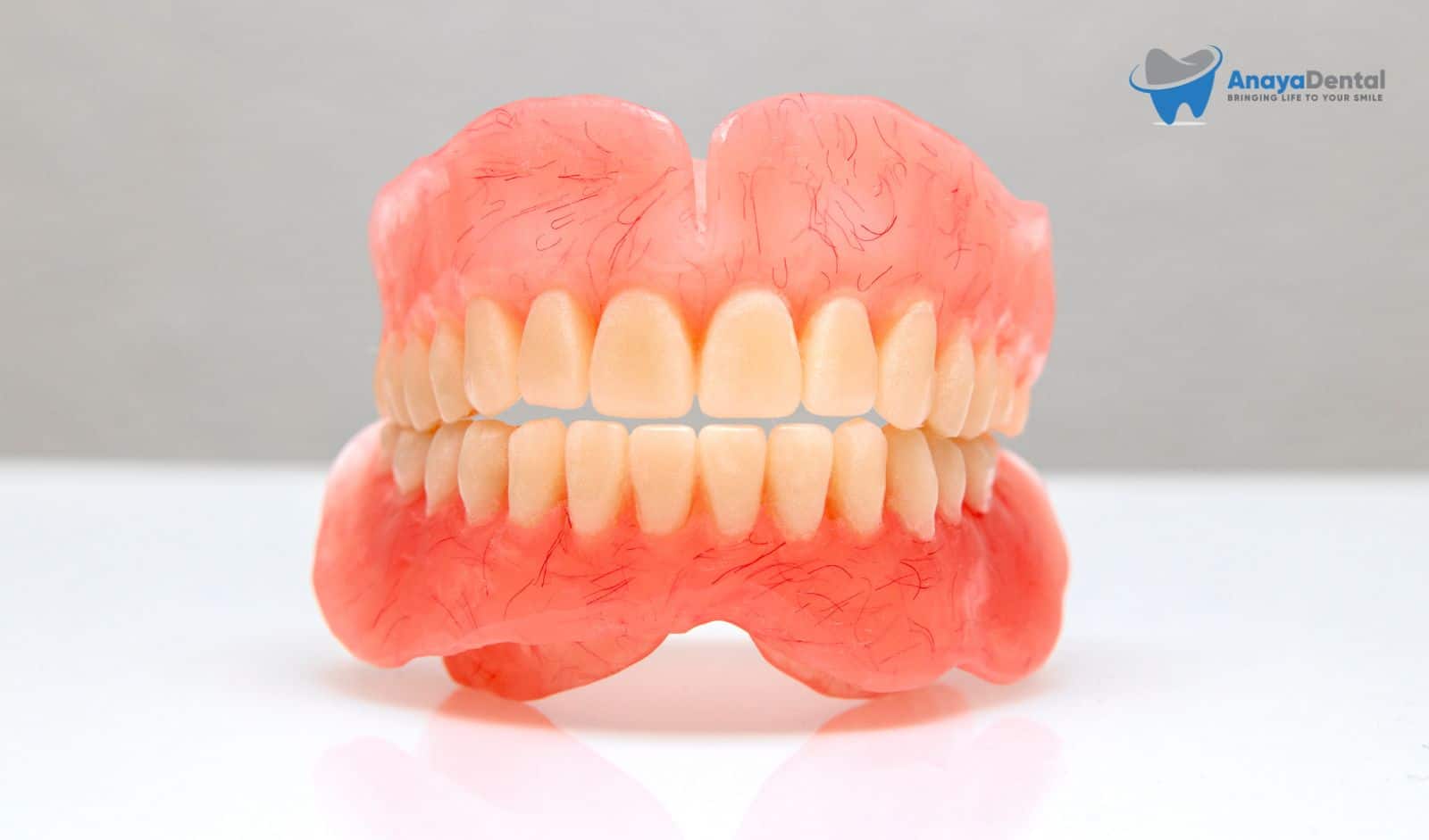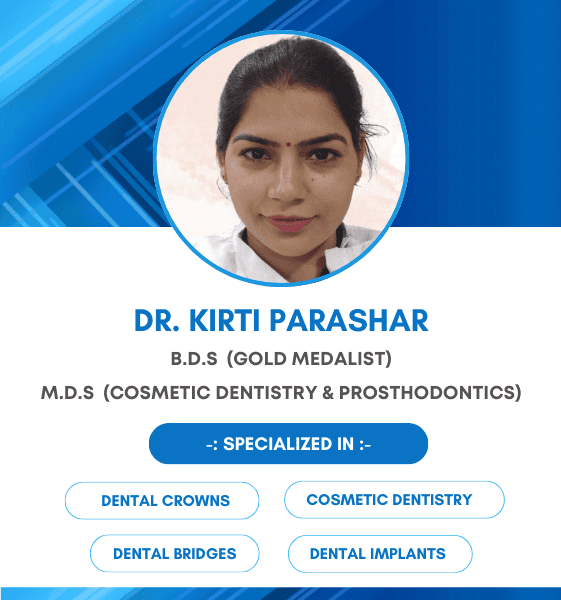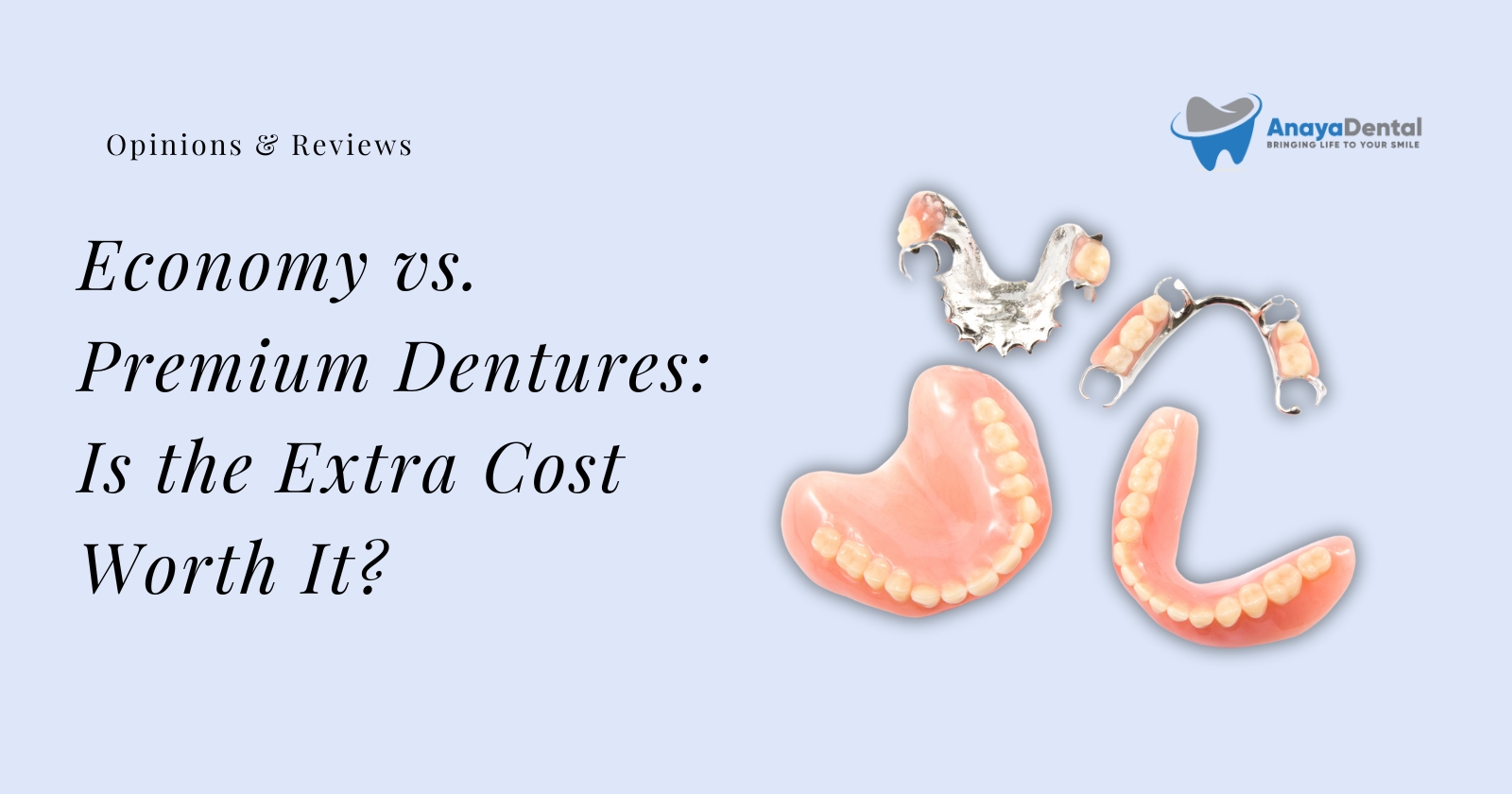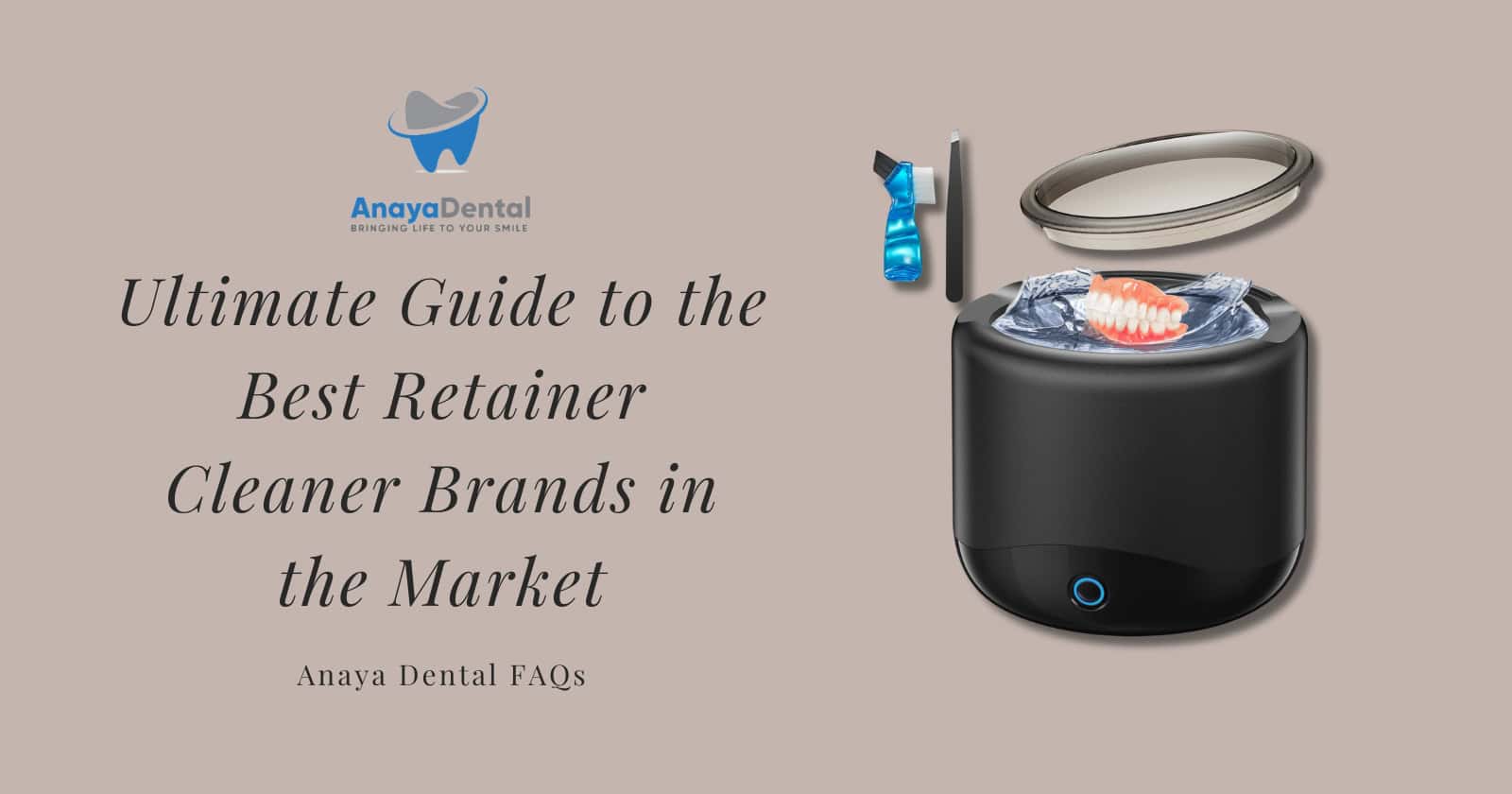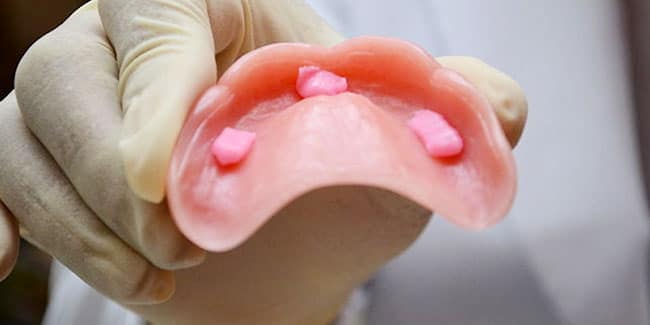If you are missing teeth and looking for a comfortable, affordable option, Valplast partial dentures may be a great solution. These dentures are flexible, durable, and designed to adapt to the shape of your mouth over time. Unlike traditional dentures, which are rigid and may cause discomfort as your jaw changes shape, Valplast dentures offer flexibility. This article will cover everything you need to know about Valplast dentures, including their costs, benefits, disadvantages, and what reviews say about them.
What Are Valplast Dentures?
Valplast is a brand of removable, flexible partial dentures made from a nylon resin that is both durable and adaptable. This material allows the denture to move and adjust as your mouth changes, providing a more comfortable fit compared to traditional dentures made from hard acrylic.
However, Valplast dentures are not available as full dentures because full dentures require a certain level of rigidity to stay in place. Instead, Valplast is used for partial dentures, which do not rely on uncomfortable metal clasps to hold them in position. The clasps are made from the same nylon resin material, providing a more aesthetically pleasing appearance, as they blend with your gums and teeth.
Try Our Dental Calculators
Key Features of Valplast Dentures:
- Flexible material: Allows the denture to adapt to changes in your mouth.
- Aesthetic appeal: Blends well with natural teeth and gums.
- No metal clasps: More comfortable and visually appealing.
- Durability: Made from a strong nylon resin that resists wear.
- Single-tooth option: Ideal for replacing one or more missing teeth.
Process of Getting Valplast Dentures
The process for obtaining a Valplast denture is straightforward. First, you need to find a dentist who offers Valplast dentures by searching online for “Valplast dentist near me.” Once you have scheduled a consultation, the dentist will evaluate your teeth and mouth to determine if Valplast dentures are a suitable option. If approved, your dentures will be custom-made to fit your mouth, and no alterations to your natural teeth will be necessary.
How Much Do Valplast Dentures Cost?
The cost of Valplast dentures typically ranges from $700 to $2,000 per arch. The price can vary depending on your location, the dentist, and the complexity of your dental needs. While Valplast dentures are more affordable than other tooth replacement options like dental implants, they are generally more expensive than traditional acrylic dentures.
Factors Influencing Valplast Denture Costs:
- Location: Prices may vary between cities and states.
- Dentist: Different practices charge different rates.
- Complexity: The more teeth to replace, the higher the cost.
| Denture Type | Cost Range (per arch) |
|---|---|
| Traditional Dentures | $300 – $1,500 |
| Valplast Dentures | $700 – $2,000 |
Advantages and Disadvantages of Valplast Dentures
Valplast dentures offer several benefits, but they also come with some drawbacks. Here is a closer look at both:
Advantages:
- Comfortable Fit: The thinner, lightweight material is much more comfortable to wear than traditional dentures.
- Natural Appearance: Valplast dentures blend in with your natural teeth and gums, making them less noticeable.
- Flexibility: The material is flexible, allowing the dentures to move with your mouth as it changes shape.
- Stain Resistance: Valplast dentures are less likely to stain over time.
- Non-Allergenic: The nylon resin is free of allergens like monomer and formaldehyde.
- Ideal for Limited Mouth Opening: Suitable for patients with limited mouth mobility.
Disadvantages:
- Not a Permanent Solution: Valplast dentures are not a long-term option for those seeking a permanent fix.
- No Relining: Once they no longer fit, they cannot be relined like traditional dentures.
- Difficult to Repair: If broken, Valplast dentures are not easily repairable.
- Bulkier Feel: Some patients report that they feel bulkier compared to other types of partial dentures.
- Longer Creation Time: These dentures take longer to manufacture in the lab.
- Color Degradation: They may lose their natural appearance over time.
- Strict Dental Hygiene: Proper care and maintenance are essential to prevent oral health issues.
| Advantages | Disadvantages |
|---|---|
| Lightweight and flexible | Cannot be relined or repaired |
| Blends in with natural teeth | May feel bulkier |
| Less likely to stain | Can take longer to create |
| Non-allergenic | Prone to discoloration over time |
Common Problems with Valplast Dentures
Despite their many advantages, Valplast partial dentures do have some common problems that users should be aware of:
- Breakage: Valplast dentures are more difficult to repair than traditional dentures if they break. You will need to be cautious about where you store them when not in use.
- Fit Issues: Since they cannot be relined, you may need a new set of dentures if they no longer fit properly.
- Discomfort: While the flexible material is comfortable for most, some patients may experience irritation or ulcers, especially during the adjustment period.
- Discoloration: Over time, Valplast dentures can become discolored, which may prompt the need for replacement.
- Hygiene Requirements: Poor hygiene can lead to issues such as bad breath, gum disease, tooth decay, and oral thrush. It’s essential to clean your dentures daily and maintain a strict oral hygiene routine.
Common Valplast Denture Problems:
- Rough edges causing irritation.
- Longer adjustment time compared to traditional dentures.
- Scratches and wear can occur over time.
- Susceptible to damage if not cleaned or handled properly.
Valplast vs. Traditional Dentures
Here’s a comparison table highlighting the differences between Valplast flexible dentures and traditional dentures:
| Feature | Traditional Dentures | Valplast Dentures |
|---|---|---|
| Material | Metal and acrylic | Thermoplastic resin |
| Full or Partial | Full mouth or partial | Partial or single tooth |
| Comfort | Can be uncomfortable | Lightweight and flexible |
| Aesthetic | Less natural looking | Blends well with gums/teeth |
| Durability | Break easily | Durable but difficult to repair |
| Adjustment | Easily adjusted | Harder to alter |
| Biocompatibility | Varies | Non-allergenic |
| Cost | Lower | Higher |
Valplast Denture Alternatives
Valplast is not the only brand of flexible partial dentures available. Two notable alternatives are Duraflex and Flexite, both offering similar benefits with slight differences.
Duraflex vs. Valplast Dentures
- Duraflex: Made from unbreakable thermoplastic material, Duraflex dentures are easier to polish and adjust. They are also more resistant to water, reducing the risk of discoloration and odor absorption.
- Valplast: Valplast is slightly more aesthetically pleasing due to its biocompatible nylon resin, which blends better with soft and hard tissues in the mouth.
Flexite vs. Valplast
- Flexite: Flexite dentures are also made from nylon-based thermoplastic, but unlike Valplast, they can be repaired and relined.
- Valplast: While Valplast cannot be relined or repaired, it comes with a lifetime warranty from the manufacturer against breakage.
| Brand | Material | Repairability | Aesthetic Appeal |
|---|---|---|---|
| Duraflex | Unbreakable thermoplastic | Easier to adjust | High |
| Flexite | Nylon thermoplastic | Can be repaired | Moderate |
| Valplast | Biocompatible nylon resin | Cannot be repaired | Very high |
How to Find a Valplast Dentist Near You
If you are interested in Valplast dentures, finding a nearby dentist is easy. Simply call 866-383-0748 to connect with a live operator who can assist you in locating a dentist that offers Valplast in your area.
Conclusion
Valplast dentures offer a flexible, aesthetically pleasing, and comfortable solution for those needing partial dentures. Made from durable nylon resin, these dentures blend well with your natural teeth and gums and can adapt to the changing shape of your mouth over time. However, they come with some disadvantages, including their inability to be relined or repaired if damaged.
While Valplast dentures are more affordable than permanent solutions like dental implants, they are slightly more expensive than traditional dentures. If cost is a concern, dental financing or payment plans may be available.
Whether you are replacing one tooth or several, Valplast dentures can be an excellent choice for many patients looking for a flexible and comfortable alternative to traditional dentures.
